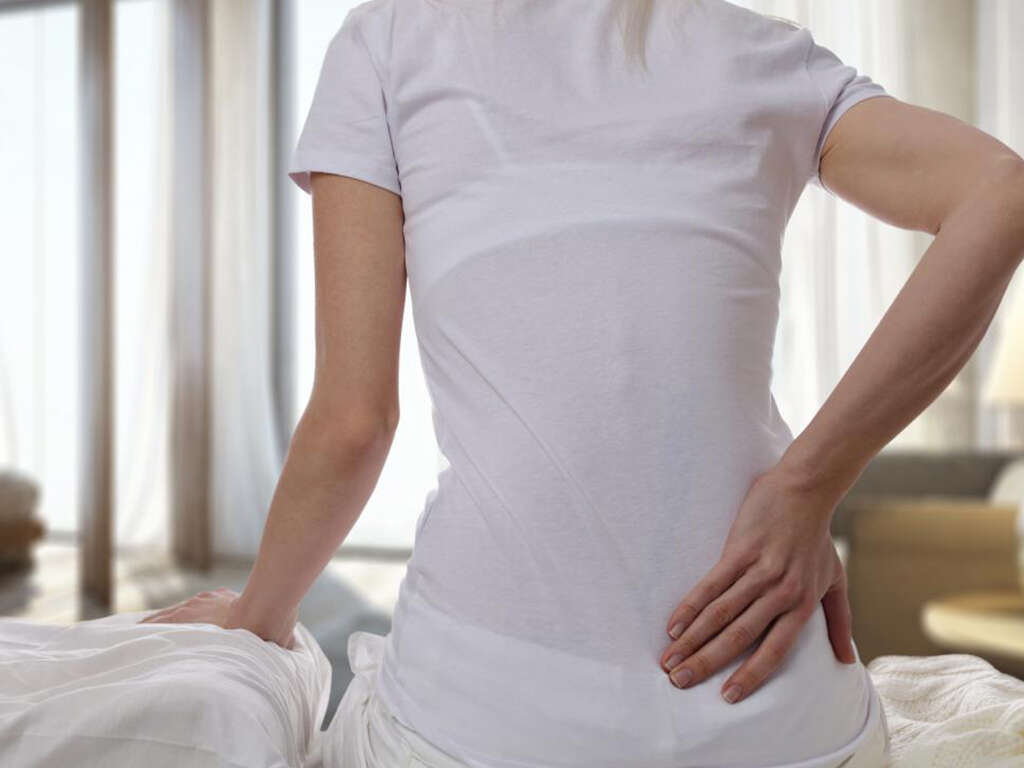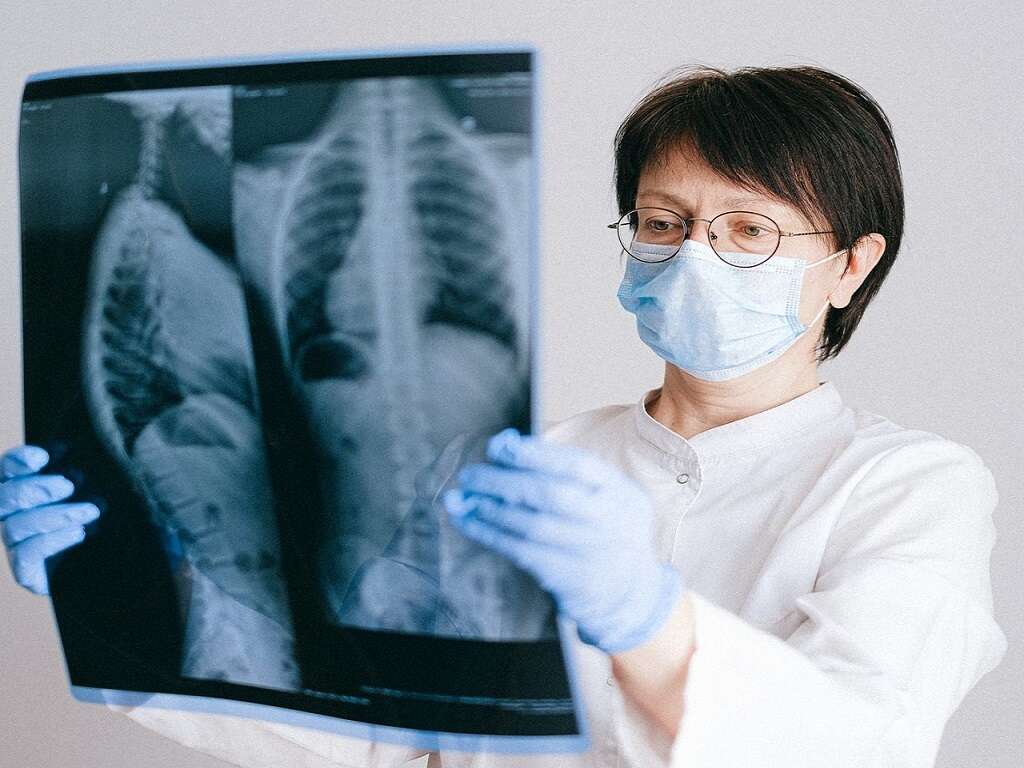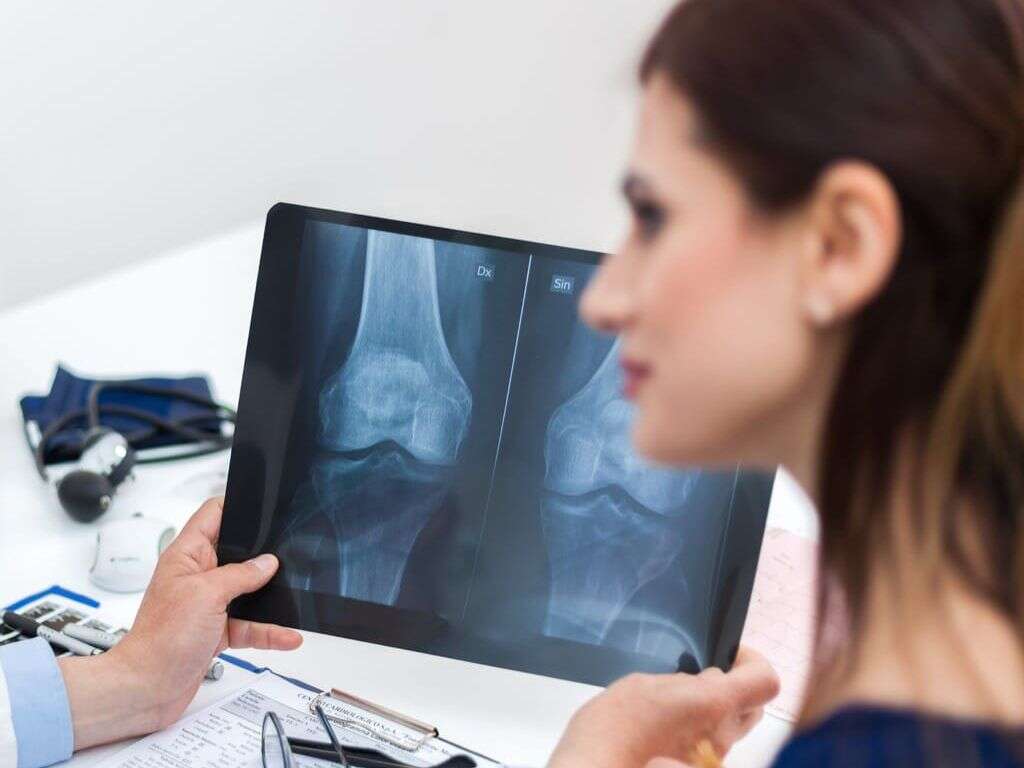Symptoms of Osteopenia
When we think of keeping in good shape, we tend to think of keeping our heart and lungs healthy and maintaining muscle strength. What a lot of people seem to overlook is the importance of keeping our skeletons in good health as well.
They are often taken for granted, but we will soon know when something goes wrong with them. One condition we might suffer is osteopenia, which tends to occur in people as they get older. Osteopenia tends not to cause many problems in itself. It should still be addressed though because it can develop into something more problematic otherwise.
1. What Is Osteopenia?
Our bones are made from materials that are strong enough to support our body weight, and all the other forces we place on them (within reason). Our bones tend to get stronger as we age, until we reach about 30-35 years old. After that, their strength begins to gradually decline again.
This decline in strength is not usually a problem and most people won’t have significant problems. It can, however, lead to osteopenia. This is a condition where your bones have become weaker due to a loss of bone mass. This occurs as there is less calcium in your bones, which also makes them more brittle.
2. Symptoms
In the majority of cases, people with osteopenia will have no symptoms. The patient will feel no pain, no aches and pains or any other symptoms that people might expect from the condition. In many cases, the patient will not even be aware they have the condition, and it is often only discovered by chance.
If the condition does progress then it can develop into osteoporosis. This means that the bone loss becomes significant enough to weaken the bones beyond levels that are safe. As a result, the patient’s bones can break more easily than usual, and people with the condition can suffer broken bones even after a mild fall.

3. Ageing
Perhaps the most common cause of osteopenia is simply that our bodies get older. Our bones are constantly going through a cycle of old bone being broken down and replaced by new bone. When we are younger, the growth of new bone is faster than the breaking down of old bone, helping to keep our skeleton strong.
As we get older, however, the growth of new bone slows down and is eventually overtaken by the rate at which old bone is broken down. This means that, very gradually, the bone density will reduce over time. This also means that the condition is more likely to be found in older people.
4. Medical Reasons
In addition to the ravages of time, there are also some medical conditions that can contribute to osteopenia. For example, people with an overactive thyroid are more likely to experience bone loss than others. Another possible contributor is celiac disease and other similar conditions than can affect the patient’s ability to absorb nutrients.
If the patient can’t absorb nutrients properly then the bones may not get sufficient calcium and other nutrients that keep the bone strong. People that have eating disorders are also more at risk due to similar reasons. If somebody is not getting the nutrition they need, then supplements may be able to help.
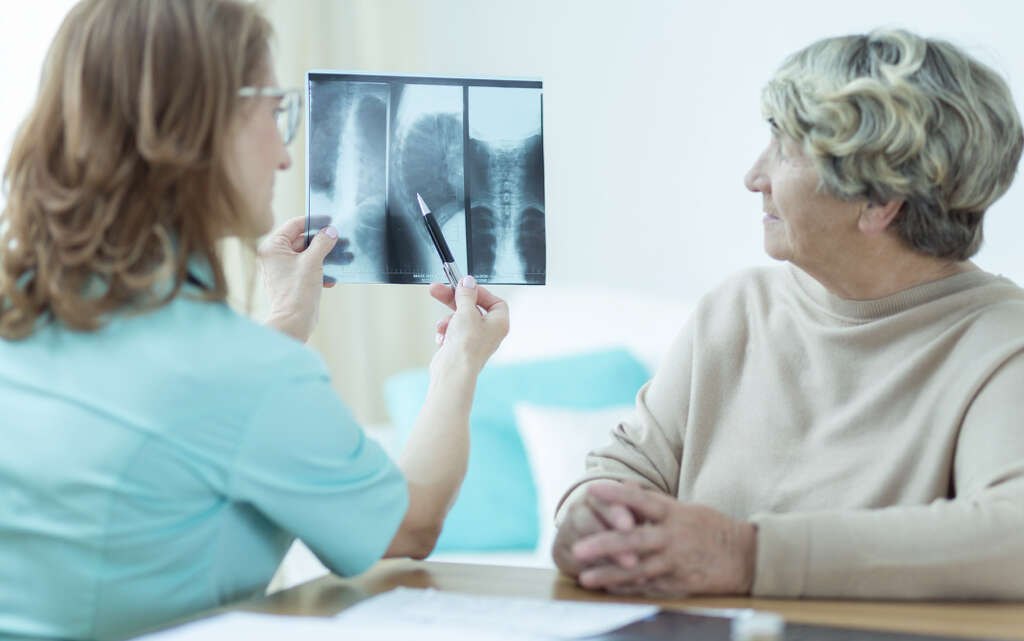
5. Cancer Treatment
Cancer is one of the biggest killers in the world and it can take even the healthiest of people that are in their prime. We are learning more about the disease, however, and we are also getting better at treating it. In some cases, we are even able to cure it altogether, but treatment is not without its drawbacks.
Cancer treatments like chemotherapy can make the patient feel quite ill, and have some other symptoms. Radiotherapy also has some very unwelcome symptoms and, depending on how it used, it can cause the patient to lose bone density. Treatments like radiotherapy tend to be used as last resorts only.
6. Lifestyle Causes
In a world where people are busy all the time, too many of us neglect our health. We will often spend too much time at the office. Many will pay too little attention to their diet, often looking to quick and convenient foods. We may not notice it much in the short term, but many of us will end up paying for it when we are older.
Many people’s lifestyle choices increase their risk of developing problems like osteopenia and other medical problems. Indeed, many early deaths could be avoided if only people took better care of themselves when they are young, and throughout the rest of their lives.

7. Risk Factors
Because some medication can contribute to the problem, people on medication are obviously at higher risk. As mentioned, age is also a factor, while women are also more likely to get it than men are. This is because women tend to have a lower bone mass than men regardless.
Women also tend to live longer than men do on average, and this means there is more time for their bone mass to decrease. Another factor that means women are more prone is hormonal. Once women go into menopause, their estrogen levels fall, and this can also accelerate the rate of bone loss.
8. Diagnosis
As mentioned, many people with osteopenia will not even notice that they have the condition. Depending on certain circumstances, however, it might be recommended that some people undergo tests to see if they have the condition. The test aims to measure the density of your bones; usually those in the spine, hips, and wrist.
Because the condition often goes unnoticed, it is recommended that anybody over 65 should be tested, especially women. In some cases, the test might even reveal that the patient has osteoporosis, meaning they will need to be especially careful not to fall or injure themselves in other ways.
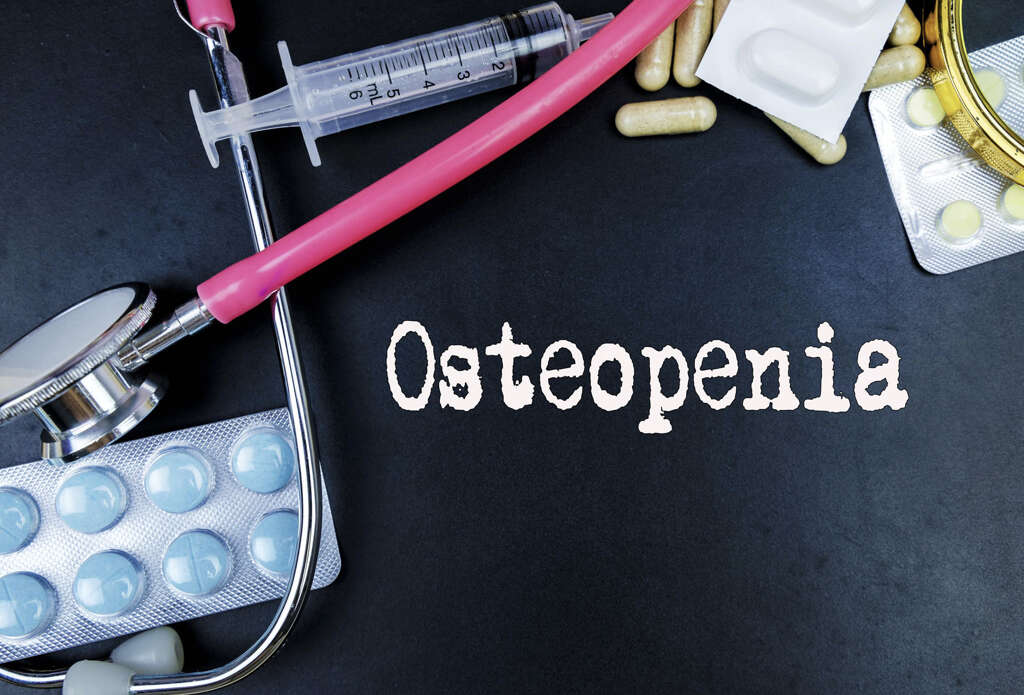
9. Prevention
While we are not able to completely prevent the likelihood of developing osteopenia, we can at least take steps to help improve our odds. These generally mean looking after ourselves with a healthy, balanced diet and sufficient exercise.
Focusing on exercises that make you physically stronger in particular can help to stimulate the growth of new bone. Getting plenty of calcium in your diet, along with other important bone vitamins like vitamin K can help. Drinking too much alcohol and smoking tobacco will also make osteopenia more likely.
10. Treatment
Treatment for osteopenia involves strengthening the bones again using natural methods. One step is to ensure that there is plenty of calcium in your diet. This means eating plenty of dairy products, along with certain vegetables. In some cases, the patient may be prescribed supplements to help ensure they get all that they need.
Any issues with the digestive system that limit the absorption of nutrients may also need to be addressed. More exercise is also recommended, especially exercise that can help strengthen the bones. Strengthening the muscles and improving coordination can also help to protect the patient against falls.



